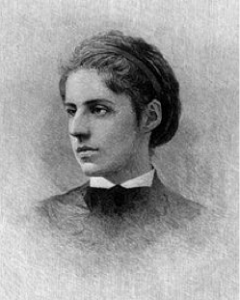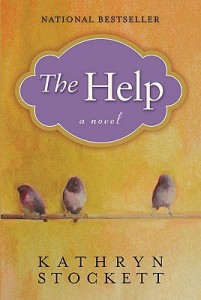Snell Library Welcomes the Emma Lazarus Exhibit and Opening Program!
Come join Snell Library in opening the Emma Lazarus: Voice of Liberty, Voice of Conscience Public Exhibit on October 27th. The exhibit will run until December 16 on the first floor of Snell Library and will illustrate the fascinating life of Emma Lazarus. Through her poetry, criticism, and advocacy for the poor, immigrants, and refugees, Emma Lazarus has left a lasting impression. The exhibit was created to recognize her influence, her life, and especially her poetry.
To kick off the exhibit, there will be an Emma Lazarus Opening Program and Panel Discussion, Issues of Immigration in Today’s America, on Thursday, October 27, 2011 from 6-8PM at the Snell Library Lobby. Moderated by NU’s Ruderman Professor of Jewish Studies, Lori Lefkovitz, the program and discussion will feature Silvia Dominguez, Northeastern University Assistant Professor of Sociology; Kitty Dukakis, social activist, author, and wife of former Governor of Massachusetts Michael Dukakis; Barbara Gottschalk, Executive Vice President of Seeds of Peace; and Ragini Shah, Associate Clinical Professor of Law at Suffolk University.
Admission is free, and a reception will follow after the discussion. Hope to see all you Huskies there!
For more information about the exhibit and related programs click here!
For information on other Meet the Author programs and events, click here!



